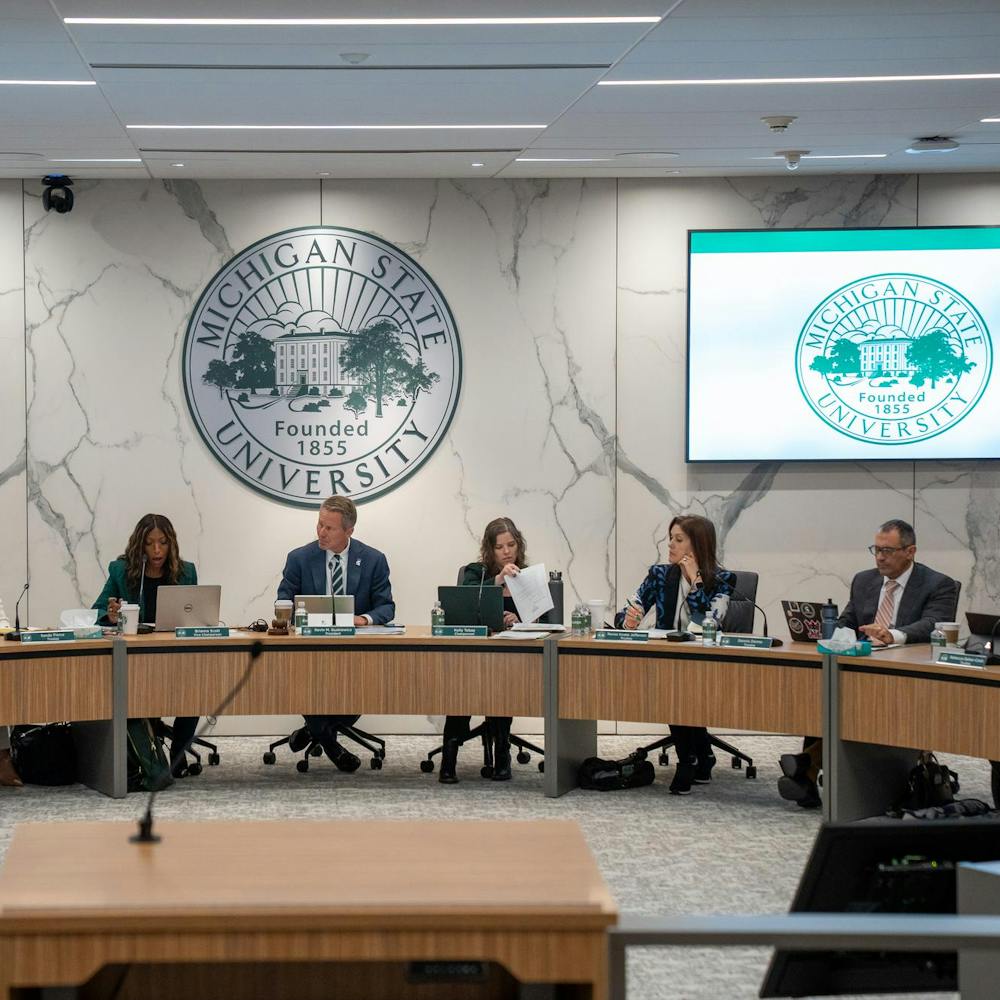In a report by the Associated Press earlier this week, it revealed the Department of Justice had wiretapped and obtained recordings of up to two months of conversations and records of reporters and editors.
The records covered the months of April and May in 2012. While the tappings covered various stories, one cited in the report was about an AP story from May 7, 2012 about a foiled terror plot.
The story contains details about how the U.S. government stopped an improvised explosive device, or IED, from being planted in an airliner around the time of the one-year anniversary of the killing of Osama bin Laden.
The ability to wiretap and keep an eye, not just on journalists, but on everyone, is more possible than it ever has been before, thanks to the Patriot Act of 2001 passed after the 9/11 terrorist attacks.
The increase of technology also has made it easier for the government to spy on individuals and listen in to their conversations.
For journalists, this is a scary situation. Their job is to delve into situations and tell how they happened.
In this case, the AP received its information from an anonymous source within the government and it’s trying to figure out how that classified information leaked.
While it’s understandable the government wants to know how this information came out, it took this situation too far and violated many privacy and journalistic rights.
This isn’t new to the Obama administration, as it has in the past gone after those who leaked classified information to the media, bringing six cases against people, more than all other presidential administrations combined.
Even with a good explanation, which the government hasn’t offered as of yet, it crossed a line by obtaining their phone records, putting it on par with those involved in the News of the World phone hacking scandal in 2011.
Although the government might not be targeting the journalists themselves but investigating to learn who divulged the information to them, it still doesn’t give the government this right to infringe up their journalistic rights to not reveal who their sources were.
This action by the government sets dangerous precedent for future cases like this. If this continues and it’s allowed to obtain information from journalists in this manner, then the protection of the Constitution for journalists ceases to exist.
There would be no stopping the government from obtaining any information in any matter, taking its level of power to unprecedented levels. There shouldn’t be this type of fear about the government, and yet, there is.
There should come a time when the government takes a step back and realizes how far it has overstepped its boundaries.
That time is now.
Support student media!
Please consider donating to The State News and help fund the future of journalism.
Discussion
Share and discuss “Justice Department infringing upon rights in AP scandal” on social media.






